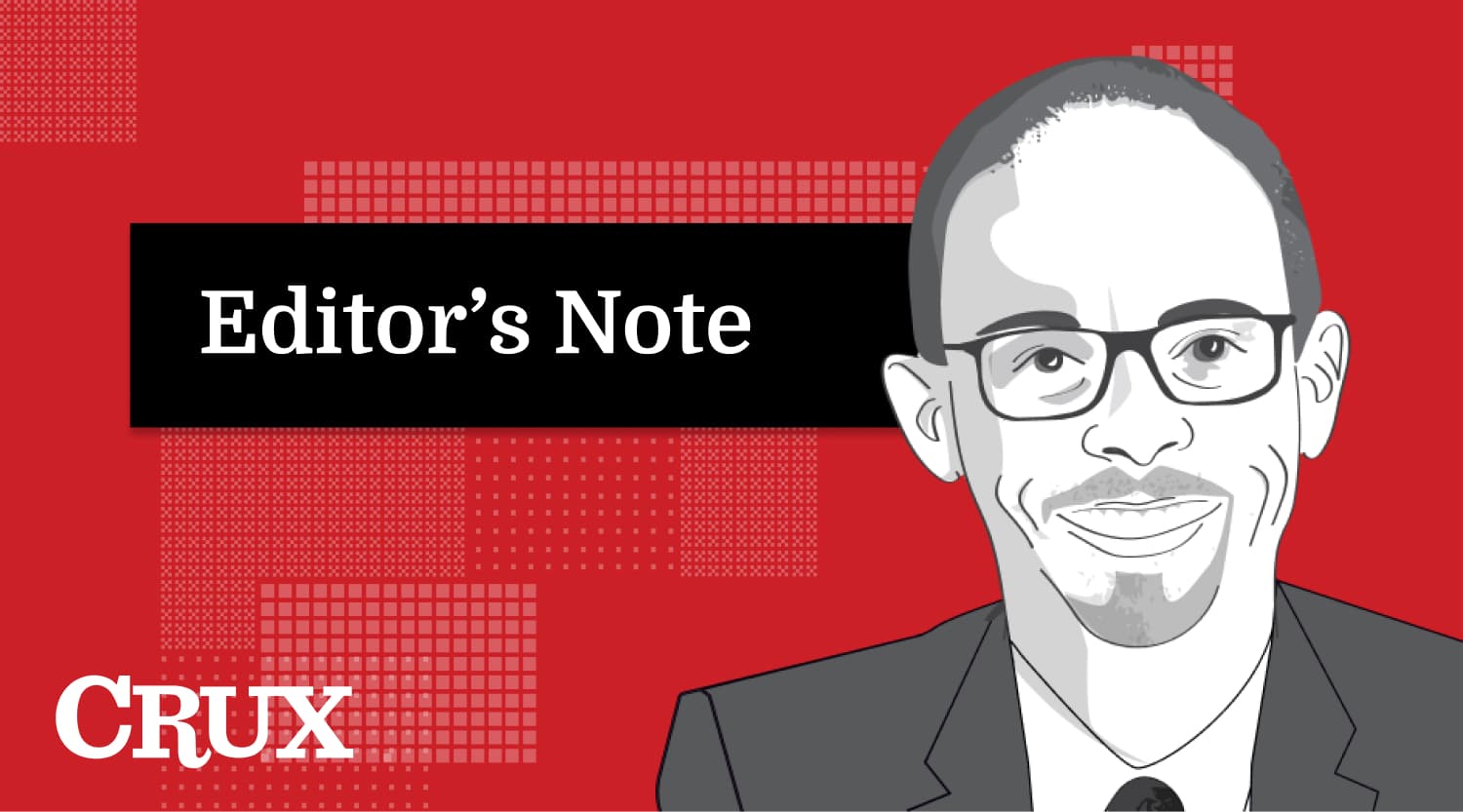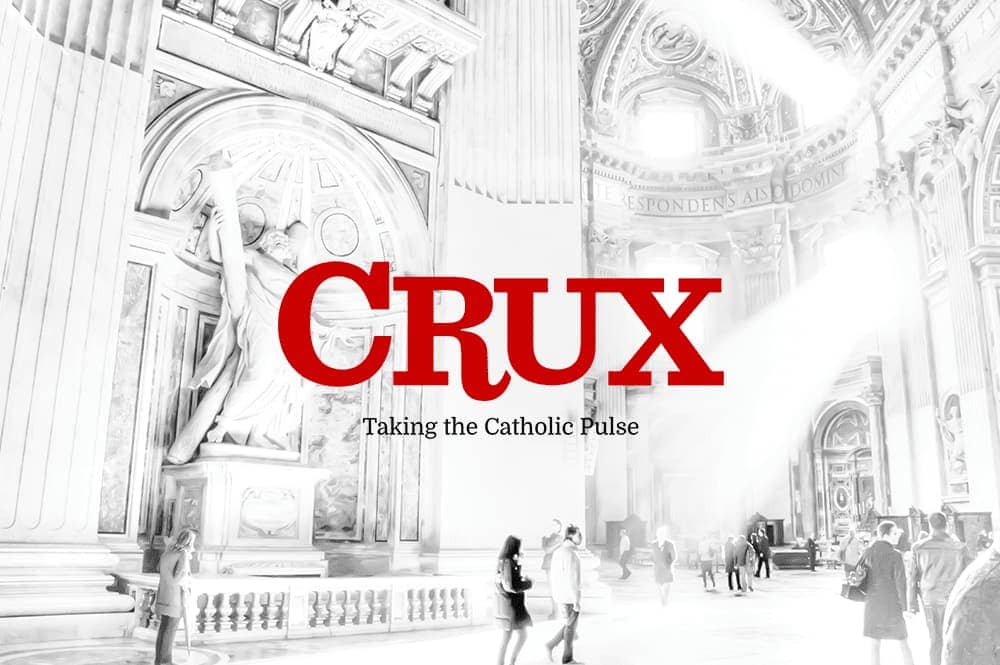Today, Crux has published a detailed response by Archbishop Joseph Pamplany of India’s Syro-Malabar Church to comments I made in a July 25 episode of my weekly video and podcast, “Last Week in the Church.”
For the most part, Pamplany’s letter addresses either matters of liturgical and administrative judgment within the Church, about which reasonable people may disagree, or legal questions, which will have to await the findings of the appropriate courts.
There is, however, one factual point raised by Pamplany that requires not only an acknowledgement on my part, but also an apology.
Pamplany notes that a source frequently cited in Crux coverage is Father Paul Thelakkat, a former spokesman for the Syro-Malabar Church who is now sympathetic to the dissidents and critics of the Church’s leadership under Cardinal George Alencherry. We’ve quoted him because Thelakkat is a veteran figure in the Church who provides an alternative perspective to official statements and decrees, and a quick internet search will confirm we’re not the only media outlet to do so.
However, Pamplany is right to object that we have failed to disclose in our coverage that Thelakkat is also one of four people, including three priests, who were charged in 2019 by police with falsifying documents to defame Alencherry regarding controversial real estate transactions.
Recently, India’s Supreme Court rejected a bid to have seven criminal charges against Alencherry related to those transactions dismissed, meaning the 78-year-old prelate will have to stand trial. In the meantime, the complaint against Thelakkat also remains open and is currently before a magistrate’s court.
It will be up to the court system to determine if Thelakkat did anything wrong, but in the meantime it was a failure of editorial judgment on our part not to report this aspect of his background. Crux readers rely on us to provide the information they need to reach their own conclusions about the stories we cover, and that includes adequate disclosure about who our sources are.
In this case, we did not meet our own editorial standards. As editor, I take full responsibility for the failure and apologize, not just to the interested parties in the Syro-Malabar Church but to everyone who counts on us to get it right.













